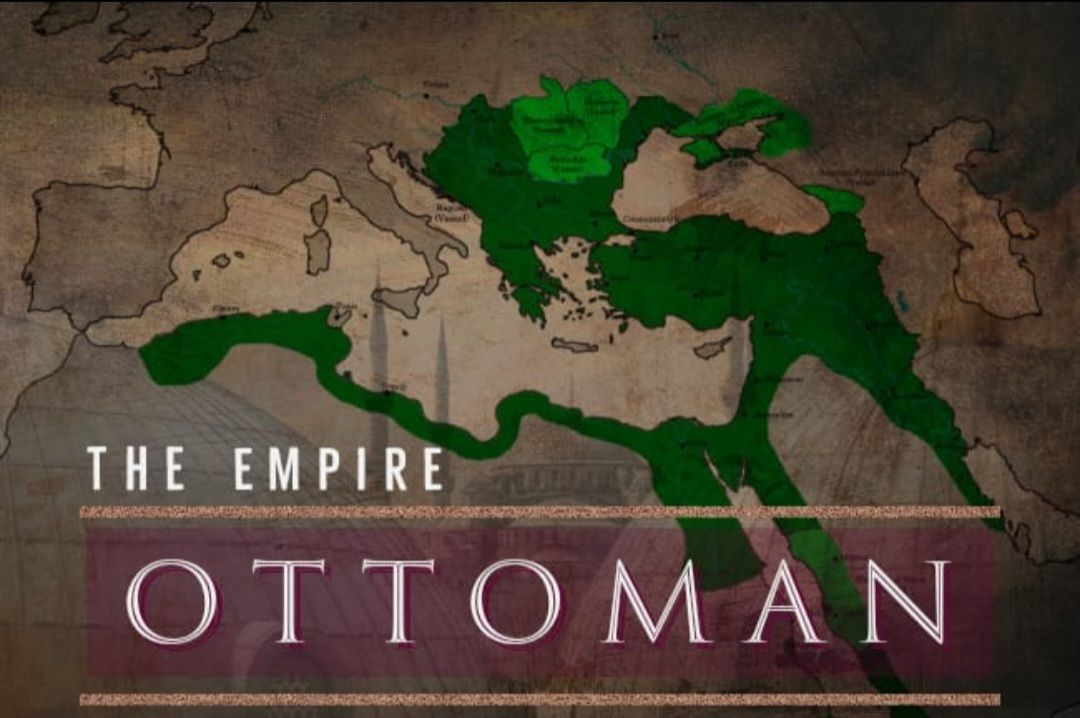
[31a] The Ascent and Decline of The Ottoman Empire
In The Name of Allah, The Most Merciful, The Bestower of Mercy.
King Abdul Hamid’s Minster and His Pursuit of Reformation
An Official Decree included the following provisions:
The abolition of the conscription system, along with the eradication of bribery and corruption. Equal treatment in military service for both Muslims and non-Muslims. Ensuring that all citizens of the state are treated equally, regardless of their religions or sects. Preservation of the rights and privileges enjoyed by leaders of non-Islamic communities. The elimination of the millet system barriers, allowing all citizens of the empire to enjoy equal Ottoman citizenship. To designate civil matters concerning Christian citizens to a mixed council composed of local residents and Christian clergy, which will be elected by the populace. To provide educational institutions for Christians, thereby granting them access to state employment opportunities. To permit foreigners to own land within the country, as the Sultan has pledged to seek European capital and expertise to enhance the nation’s economy.
Sultan Abdul Majid is recognised as the first Ottoman Sultan to officially endorse the Westernization movement within the Ottoman Empire. He mandated the state to adopt this movement and issued the Tanzimat Edicts in 1854 and 1856, marking the beginning of what is referred to as the Tanzimat Era. This term signifies the organisation of state affairs according to Western principles. With these edicts, the application of Islamic law was somewhat distanced, leading to the establishment of legal codes and the creation of institutions. The truth is that the Sultan was influenced by his minister, Rashid Pasha, who was aligned with Masonic philosophy. Rashid Pasha was responsible for preparing the next generation of ministers and statesmen, and with his assistance, these individuals contributed to the advancement of the Westernization efforts that he had initiated. [1] [end of quote]
The author highlights the rapid emergence of a new trend influenced by Western ideals, driven by the Sultan’s minister, Rashid Pasha, who is reportedly linked to Masonic philosophy. Firstly, the evidence supporting this individual’s connection to such philosophy is a distinct topic that remains inaccessible to us for accurate evaluation. Secondly, while the reforms he implemented in the name of the Sultan aimed to address equality and justice on behalf of all citizens, they would have also contravened Shariah law, as evidenced by the objections raised by the kingdom’s scholars. Lastly, any reform that breaches Shariah is would definately result in stagnation and vulnerability. Saudi King Abdul Azeez, may Allah have mercy upon him, stated: “Indeed, we do not seek after the revival (or reformation) that will deprive us of our (sound) religion and creed; rather we seek after the pleasure of Allaah [The Mighty and Majestic]. Whoever acts to seek the pleasure of Allaah, then indeed Allaah will suffice him and will be his Helper. The Muslims are not in need due to lack of reformation, rather they are in need of returning to that which the Salafus Saaleh [pious predecessors] were upon. Indeed, they distanced (themselves) from acting on that which has been revealed in the Book of Allaah and the Sunnah of Allaah’s Messenger, then they became immersed in evil and sins; so Allaah forsook them and thus they got to this situation – humiliation and degradation. Had they adhered to the book of Allaah and the Sunnah of Allaah’s Messenger, they would not have been afflicted with what has afflicted them – trials and sins- and they would not have lost their honor and (days of) glory”. [2]
Additionally, the author noted that Sultan Abdul Hamid I was influenced by his minister, Rashid Pasha. This is not surprising, as rulers are human beings who face significant and demanding responsibilities. Nevertheless, irrespective of the advisors surrounding them or their potential errors, Muslims have been provided with a clear methodology for engaging with their leaders. For further insights, refer to the work by Shaikh Abu Khadeejah, may Allah protect him, titled “Is the Tyranny of the Rulers a Reason for Rebellion? The Duty of a Muslim Towards the Muslim Leaders in Light of the Qur’ān, Sunnah, and the Scholars of the Salaf.”
https://abukhadeejah.com/the-tyranny-of-the-rulers-a-reason-for-rebellion/
https://abukhadeejah.com/ahlus-sunnah-wal-jamaah-believe-that-rebellion-against-the-rulers-is-forbidden/
Believer’s Bahaviour Towards Muslim Rulers – [Supplicates For Them….]
To be continued…InShaAllah
[1] An Excerpt from ‘Ad-Dawlah Al-Uthmaaniyyah Awaamil An-Nuhood Wa Asbaab As-Suqoot. 6/419-420
[2] The Nation State of Tawheed And Sunnah: pages: 53-54

